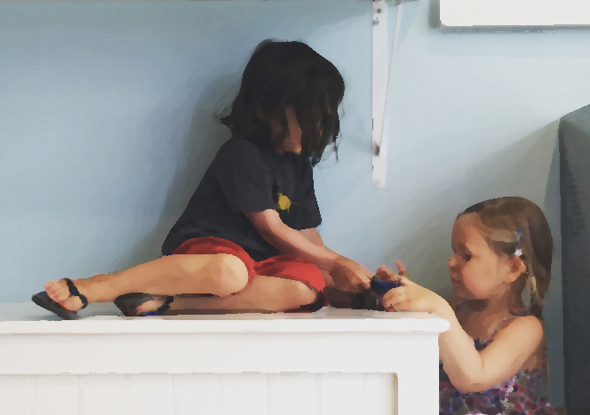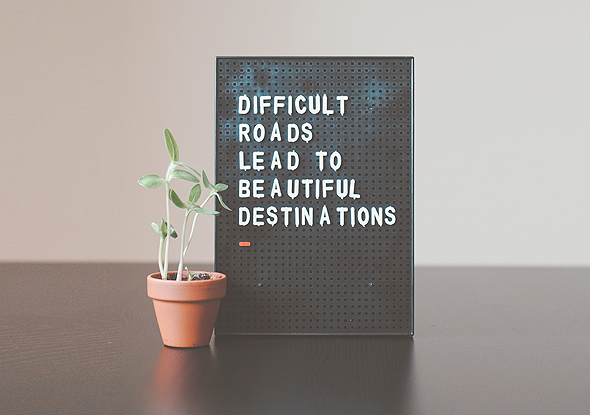Stowe Guests: Three Tips To Help Children Through Divorce

- This blog contains affiliate links, which we may receive a commission for purchases. The decision is yours, whether or not you decide to buy.
Claire Black from Claire Black Divorce Coaching. Today, provides three tips on how to support your children through divorce (they also work well for adults). Over to Claire to explain more…
I see a lot of clients who are worried about the impact their divorce may have on their children, and they ask how they can best support their children through the process. Many of the techniques I use with my clients are simple and work brilliantly with children, with very positive results.
Here are three of my favourites:
Help them to find the upside
I worked with a mum recently whose daughter was finding it very difficult to adjust to life after her parents’ relationship broke down. My client felt that she wasn’t best equipped to help her daughter handle her emotions at a time when she too felt bereft and low.
We worked together to find the upside, and to reframe how my client could look at her situation so that she could see a different perspective. “Flip it to find the positive, and concentrate on that” – Sara Davison, the Divorce Coach
You can help your children to do this too. Try asking your child
- If there was one tiny upside to this, what would it be?
- If you could see a silver lining, what would it be?
- If there was just one good thing about this, what would it be?
- What are you glad about today?
These are fabulous questions that can help your child to see a positive even if it is only small right now. I used to look for the upside all the time during my own divorce, and it really helped to be able to see glimmers of light.
When you practice asking these questions, it becomes a habit and gives you a whole new way of approaching any challenge.
My client’s daughter responded that she enjoyed going swimming with Daddy on her own last week and that they’d had fun in the park on Saturday. She was also enjoying the opportunity to do more craft activities with her Mum when they had time together.
Your child might resist and say there is nothing good about this at all, but persevere, “I know it might not be obvious, but if there was one good thing about this, what would it be?”.
You could give them your examples of the tiny good things: it could be that you can now cook with ginger whenever you fancy, or that you don’t need to watch EastEnders any more. And show them that you can find the upside yourself. Watch them follow your lead.
Show them how changing how they stand can change how they feel
“The way you move determines the way you feel” – Tony Robbins
Sometimes all that is needed to kickstart a change in mood is to change your physiology. Have you ever felt low and fed up, but then done something silly or fun, or jumped up and down or struck a power pose – and immediately felt better? It may not seem like the obvious thing to do, and you might resist doing it at first, but I promise it will make a difference.
I have been known to get clients to jump up and down 5 times, or strike a Superman pose in the middle of a session. Or I get them to stand with their arms outstretched and put a massive grin on their face.
If you haven’t tried this for yourself, do it now! See what happens. Try it with your children. If nothing else, you will have a laugh together – which will send endorphins, the feel-good hormones, flowing around your body.
Show them how to be in ‘control of the clicker’
Whenever I’d complain or was upset about something in my own life, my mother had the same advice – darling, just change the channel. You are in control of the clicker. Don’t replay the bad, scary movie” – Arianna Huffington
Wise words!
Your brain will try to answer the questions you ask it. When you ask questions like “why is this happening to me?”, “what did I do to deserve this?”, “will this never end?”, the answers can cause your mood to spiral downwards very quickly. If it can spiral down that quickly, then asking better questions can reverse that downwards movement.
I spend time with clients creating lists of better questions to ask themselves, such as:
- What would my best friend advise me right now?
- What would help me to feel better today?
- What am I grateful for today?
- What choices do I have right now?
- What have I done that I am proud of?
Often clients write their questions onto post-it notes and stick them up around their house, to remind them to ask those better questions. These questions work equally well with children, and they encourage them to model the resilience that you are showing yourself.
Children learn by experience and by modelling the behaviours they see in those around them. When children see and model a parent who is calm and collected, who responds with dignity in a crisis, and who has strategies to handle stress and challenge, they too grow in resilience and confidence. By passing on techniques and tips to your children, you empower them to process what is happening and move forward themselves.
This article originally appeared on the Stowe Family Law Blog
You may also like
Books
Buy now from Amazon
- Divorce & Money: Make the Best Financial Decisions During Divorce
- The Family Lawyer’s Guide to Separation and Divorce: How to Get What You Both Want
- Parenting Apart
Podcast
Kate Daly is co-founder of amicable and host of the The Divorce Podcast. Kate created The Divorce Podcast to discuss and demystify divorce, separation and co-parenting in the UK. In each episode, Kate is joined by experts in their field to explore divorce and separation from every angle.
Articles
- Affirmations To Help You Through Divorce
- Be The Best Parent You Possibly Can Be Following A Divorce By Working On This Key Trait
- Can A Life Coach Help You After Divorce?
Videos
Practical advice and tips from professionals on what to do with issues and challenges around divorce from parenting to finance.
Events
Practical tips & advice designed to help people going through divorce, whether online or in person.
Useful links
Here's a selection of organistaioins from parenting to finance to help you with your divorce.
Coaching | Counselling professionals
Related Posts
-

Divorce And Friendships: Navigating Shared Social Circles
-

Managing Divorce Post-Christmas: Unveiling The January Surge In Separations
-

Thriving Through The Holidays: A Guide To Resilience And Self-Discovery After Christmas, Separation, And Divorce
-

5 Rights Of A Child After Divorce
-

Six Ways A Divorce Coach Can Transform Your Divorce Journey



.jpg)



.jpg)

